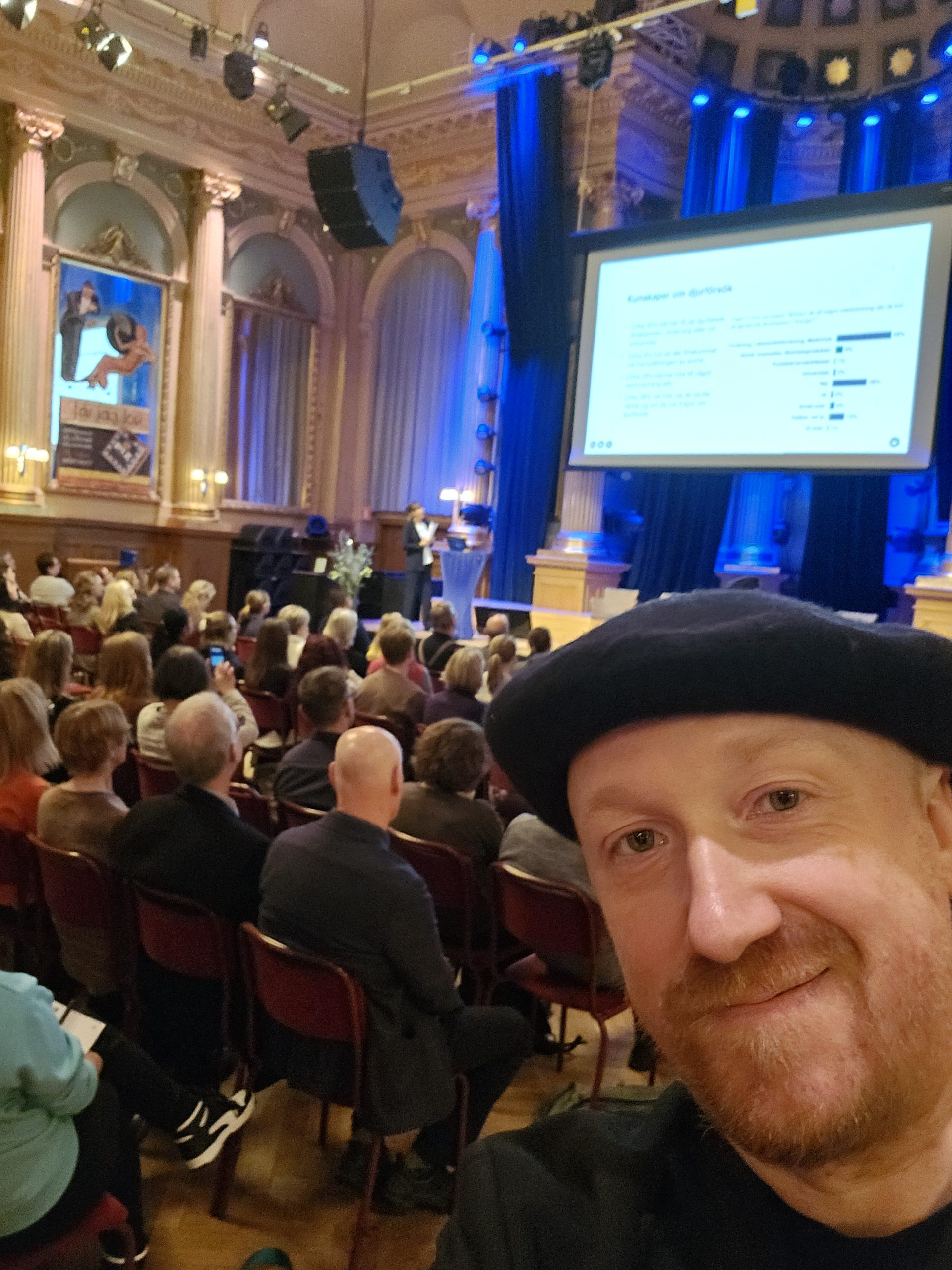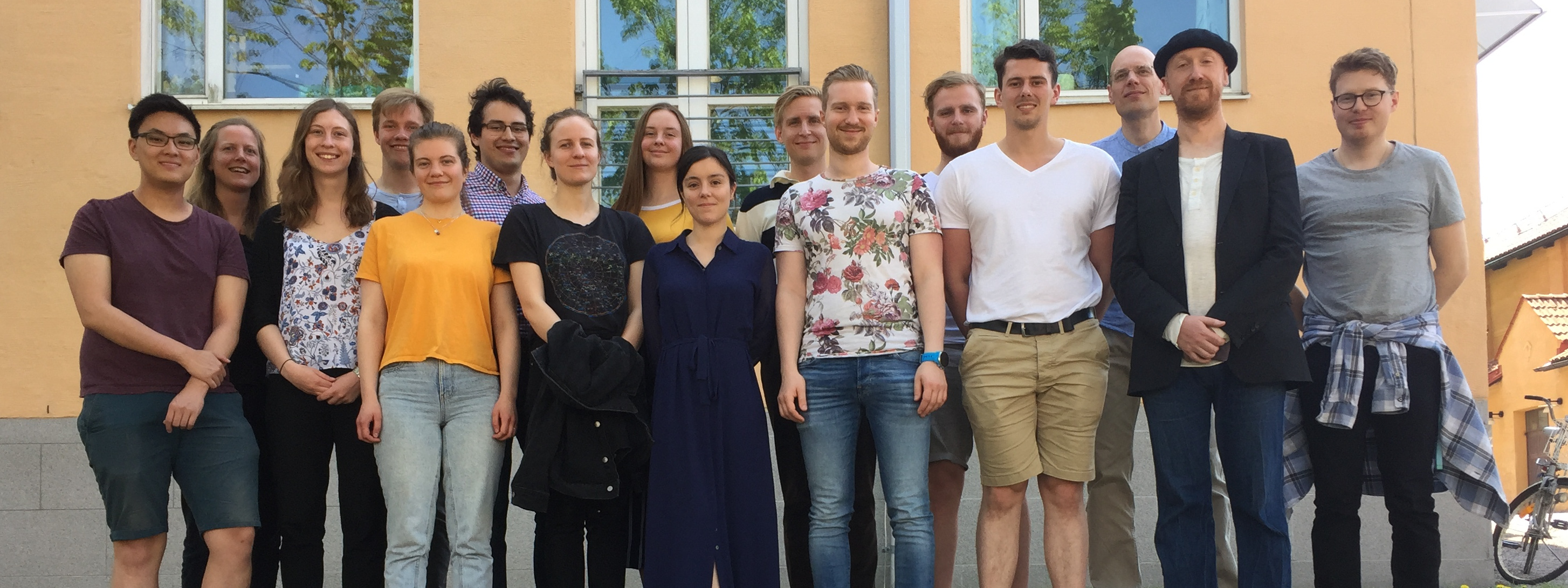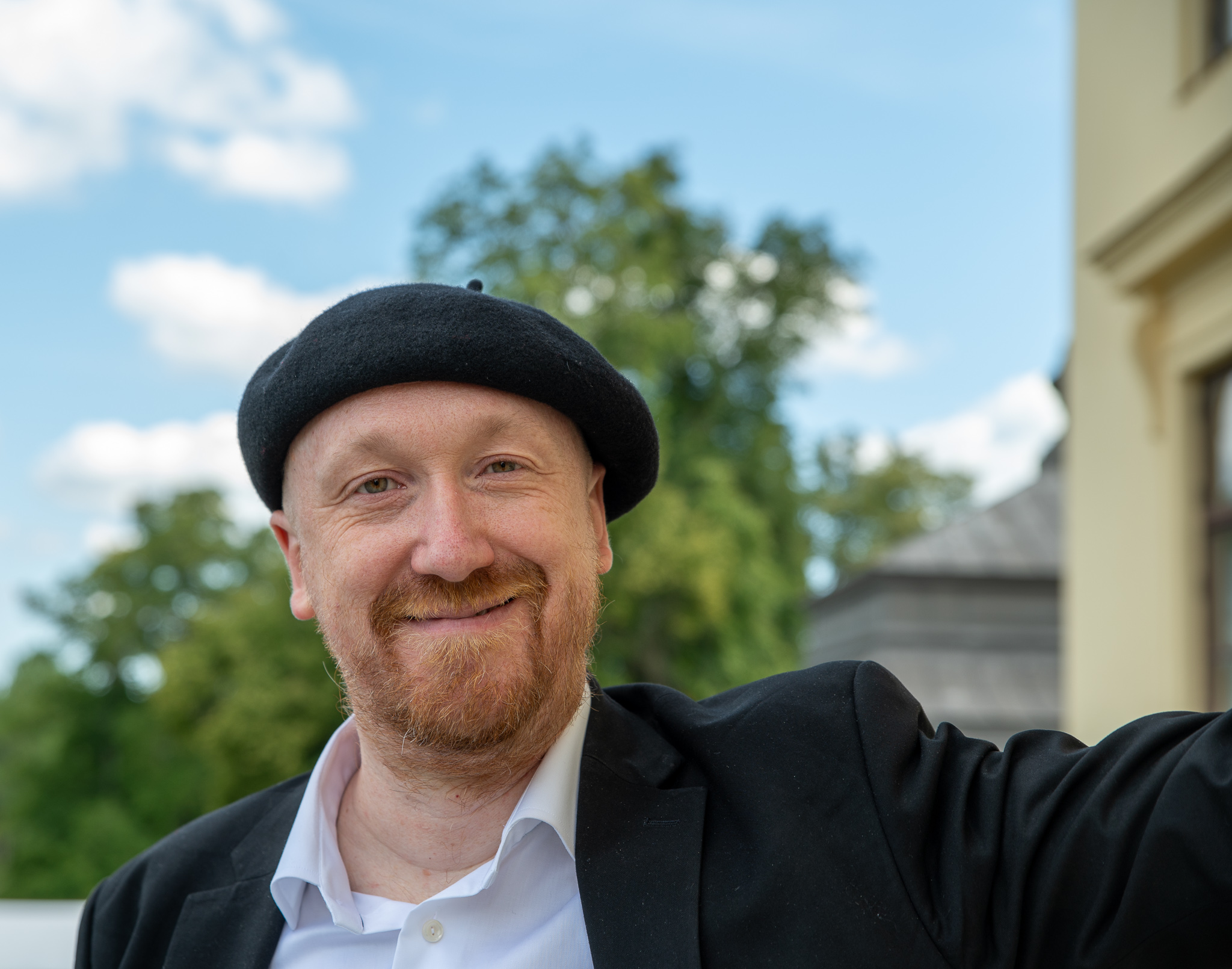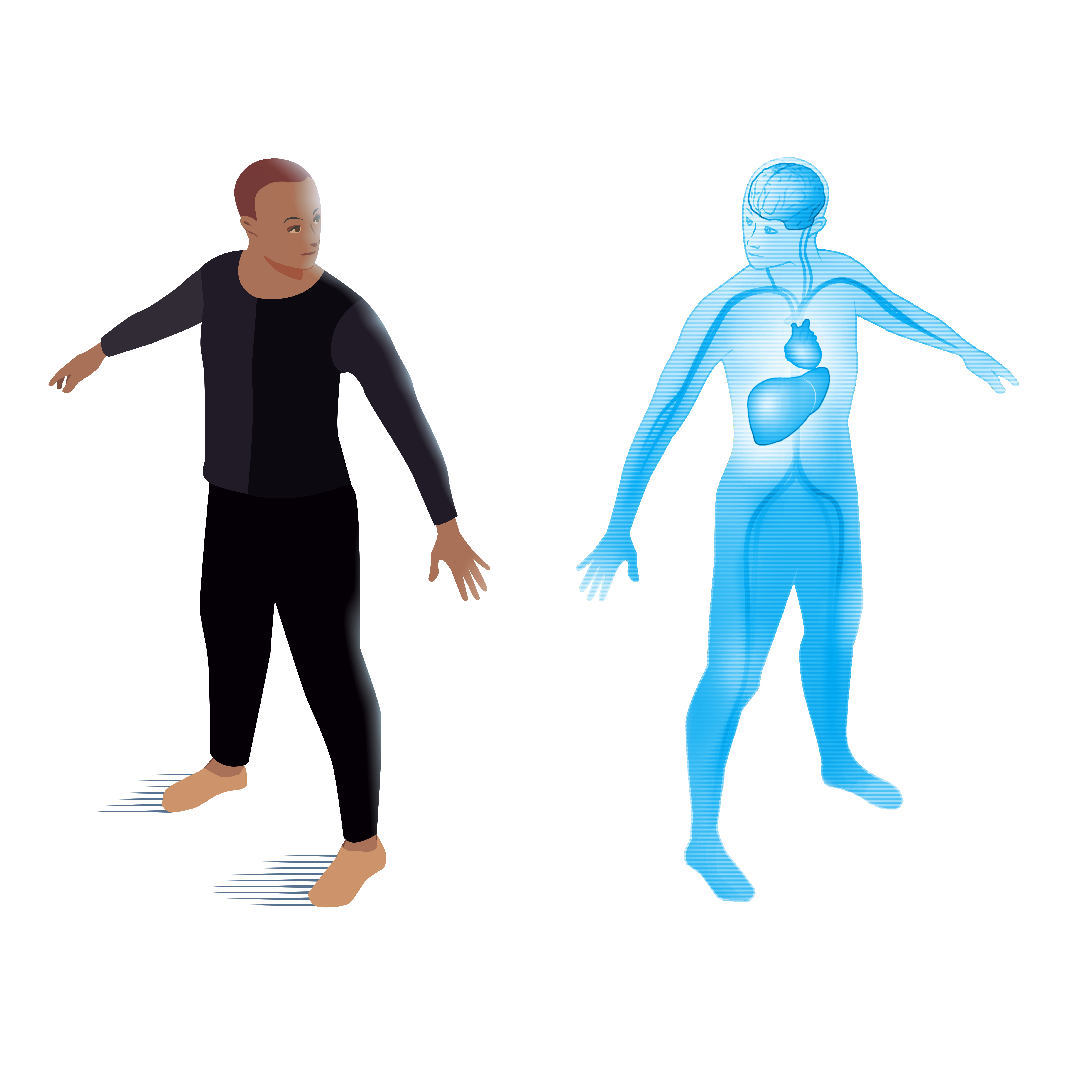Today, December 6, I, Gunnar Cedersund, am giving a lecture in a workshop arranged by the Swedish Research Council (VR). The workshop deals with 3R, and this year’s focus is on one of the “Rs”: “Replacement” of animal experiments. I was invited to give a lecture, because I have received a grant from VR’s dedicated call on 3R.

So, I presented the essence of this project, with a presentation with the same title as the research project: “Scaling from microphysiological systems to humans using scalable digital twins”. The basic idea is that our digital twins for individuals can be scaled down to e.g. a two-organs-a-chip, where a little liver and pancreatic spheroid are connected to each other (Casas et al). This downscaled twin can then be used to interpret data, understand mechanisms ,and plan new experiments on the experimental level. Apart from this, the insights entered into the down-scaled twin can be used to scale the twins back up to the human level. This latter step is called translation, and it leads to the last two steps: regulatory approval and clinical implementation. I talked about all of these steps, and also about some more general issues regarding moving this forward.


In particular, I raised the importance of taking a holistic approach, e.g. by refunding the Swedish 3R-centre, the importance of making it easier to use alternative approaches, e.g. by the creation of new core facilities, and on the importance of creating new incentives and reducing barriers for individual scientists, e.g. by including the development of more realistic experimental systems as a key criteria when evaluating research grants.








